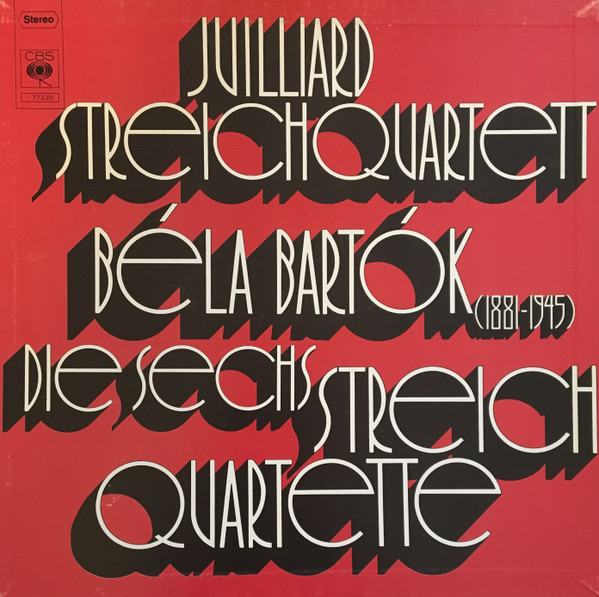For as long as I remember, there have been people that like to pronounce the names and terms in classical music a little bit different. Many of these don’t even know if it should be pronounced like that, but they have learnt it like that. It serves them well because their slightly different speech sets them apart from the riffraff.
So if you want to succeed in the lobby of the Concertgebouw, you don’t say BartOHk, you talk about BAHrtok. And a pi-ano becomes a two syllable word: piano. A cello is pronounced like the Italians do it: CHello. And is it ShostAHkovich or ShostakOHvich? As in all ways of life, if you choose the right way of saying it, you show yourself as someone that knows, someone who belongs there.
Of course, all this verbal chest-beating serves to create a tribe. Being inside the tribe feels good, but it also means you actively have to make sure it is not just for anyone. And make no mistake: a wrong pronunciation might be accepted according to the rules of etiquette, but you have made yourself known to everybody as someone who does not really belong.
